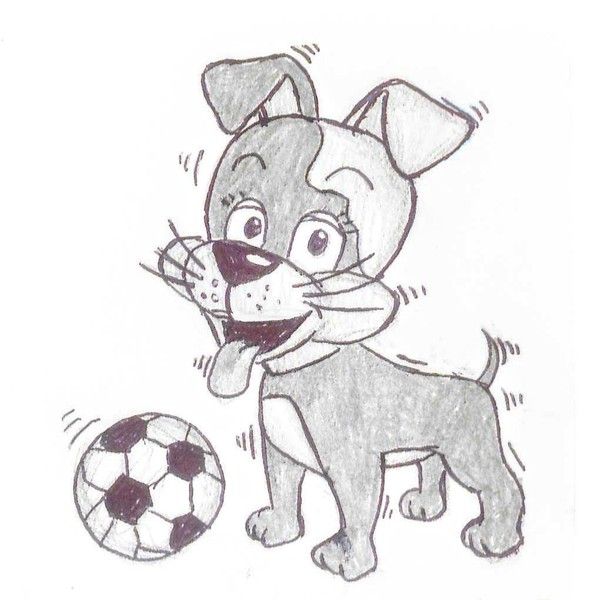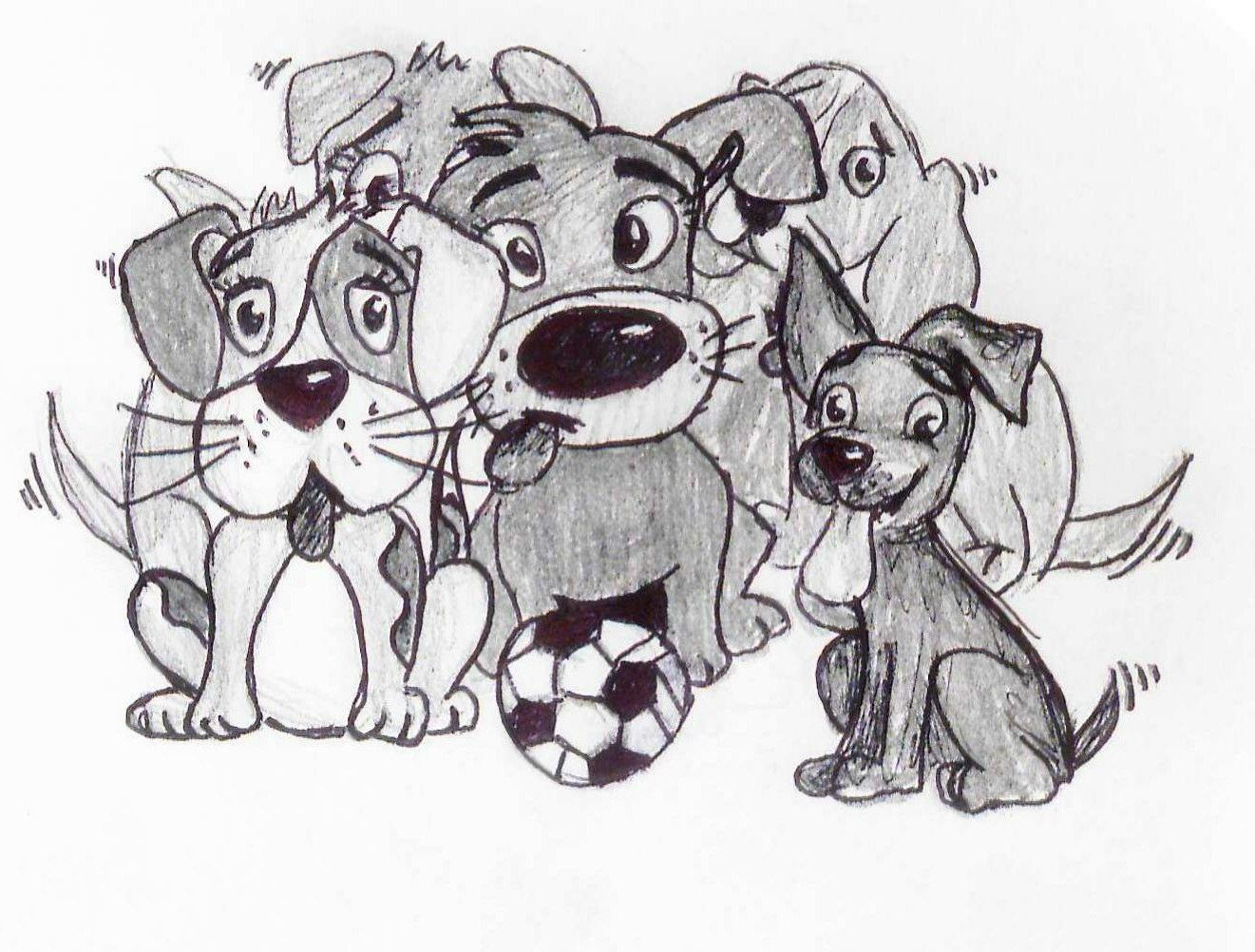How and when do we use the Possessive Forms?
Possessive forms are used in order to show a relationship between nouns. In most cases, ownership is expressed. The advantage of using this grammatical form is that it is shorter than other alternatives. For example, instead of saying the car which belongs to my uncle
you can quickly say my uncle's car
.
The form which was just used, is called the s-Genitive
. However, there is another possessive form called the of-phrase
. Now we will break down the main differences between them.
We use it if we want to know to whom something belongs.
This includes people and animals.
The noun we refer to is always placed after the referring one. We add either an 's
or '
to the referring noun and place the other one behind it.
Example: Steve's car
Below, you can see the rules in detail.
We use it if we want to know to what something belongs.
This includes inanimate objects.
The noun we refer to is always placed before the referring one. Between them, we place an of
.
Example: the colour of the hat
How to use the s-Genitive
How to use the of-Phrase
owner + s-Genitive + owned item
of-phrase = owned item + of + owner
kind of noun | addition | example |
|---|---|---|
singular | 's | my mother's friend |
name ending with | '/'s | Max' sister James's pen |
plural ending with "s | ' | the students' homework |
plural not ending with | 's | the children's book |
Example:
the end of the film


https://www.tutory.de/entdecken/dokument/389b4dc0
You can use pronouns such as anyone, everybody, someone etc. instead of a noun.
You can also leave out the noun.
Example: Whose rubber is this?
- It's Maria's (rubber).
It can also indicate a location.
Example: I'll have dinner at the Millers' (house).
Time can be specifyed, as well.
Example: I skipped yesterday's class.
The of-Phrase can be used for measurements and quantities.
Example: two bottles of water, a liter of juice, a slice of pizza
Moreover, you can use it for specific contexts and sayings.
Example: a postcard of Berlin, the month of July, the role of the teacher
Please keep in mind that...
... when you would usually use the of-phrase, but a connection to people is obvious, the s-Genitive should be used. Example: Spain's economy, the government's decision
...you use the of-genitive for people in case they are further specifyed in a subclause.
Example: She is the Mom of the student which has straight A's.
...both forms are combined when using indefinite articles, numerals and other determiners.
Example: a friend of Tim's instead of Tim's friend
Exercises
Tom talks to his mother about his plans tonight. Mom, this evening, my friends and I would like to watch the soccer game at (the Spencers, house). We want to try out (Phil, new TV).
Who is Phil?
(a friend, Alex).
Alright. Whose father will take you home again?
(John).
So, Darling, would you like to bring (a bag, chips) and (two bottles, coke) then?
Yeah, why not. I hope this time it will go much better than (last week, game).
Who is even playing tonight?
(Germany, team) and (Sweden, team). Oh, no! I'm late! See you, Mom.
Afterwards, present your text in front of the class.
- Here is some vocabulary you might want to use:
defense, offense, midfield
kickoff, corner kick, penalty kick, throw-in
foul, pass, referee
https://www.tutory.de/entdecken/dokument/389b4dc0


